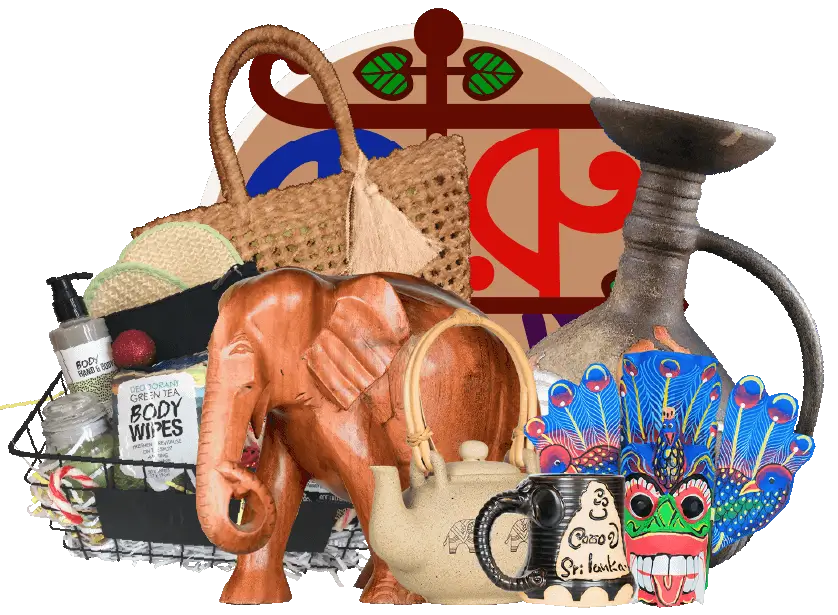My community impact project, “Hands of Uttarakhand” aims to empower tribal women in the region by providing them with skills to create handmade products using locally sourced Moonj grass. To strengthen my initiative, I thus collaborated closely with Rana Tharu Bans Anvam Resh Utpad Anvam Vipnan Shakarita Ltd, a not for profit organisation that was established to support Tharu tribal women by improving their skills in Moonj basketry thus enabling them to become self-sufficient and support their families.
Moonj grass, found abundantly in Uttarakhand’s forests, has been a vital resource for many tribal communities, used traditionally for various purposes such as construction, fencing, and crafting daily utility items. These communities have protected and nurtured Moonj grass for generations, making it essential to their livelihoods. By focusing on Moonj basketry and other handmade crafts, we can unlock sustainable economic development for these rural and tribal populations.
My focus during this time has been to join forces with local designers and master crafts men from the region who have conducted training camps so that these tribal women can upskill to create products from Moonj that are in keeping with the design sensibilities of the markets where we aim to sell them. The designers have introduced innovative techniques, focusing on color combinations, shapes, and contemporary styles. The weaving as a result has evolved to reflect intricate designs featuring vibrant colors.
Simultaneously, I have worked to create an e-commerce site where products are displayed and sold, the revenue for which is rooted through Utpad Anvam Vipnan Shakarita Ltd, so that it may reach the women artisans directly.
The process of basket making is eco-friendly, utilizing readily available raw materials without harmful waste. The artisans skillfully create a variety of products, including baskets, coasters, and home decor, showcasing beautiful designs in colors ranging from shades of blue and green to warm yellows and reds. This blend of traditional techniques and modern design not only honors their cultural heritage but also reinforces sustainable practices that bolster their livelihoods. Moonj craft exemplifies the harmony between nature, culture, and sustainable development. Working closely with the local government authorities we have been able to create employment opportunities for uneducated women skilled in basket weaving, incorporating over 2,000 artisans from Tharu Land.
Hands of Uttarkhand has through these interventions aimed at providing a means for tribal women to earn a sustainable income and enhance their living standards. Additionally, it aims to mitigate urban migration, preserving community integrity and fostering local economies. By championing the artisanship rooted in cultural heritage, “Hands of Uttarakhand” is a step toward empowering women and ensuring environmental sustainability through traditional practices.

The initiative is dedicated to fostering literacy skills, particularly among students from underserved communities. Its mission is to enhance English reading proficiency by collaborating closely with the Anandaya Foundation, a nonprofit organization established in 2015. Anandaya aims to maximize access to a distinctive learning program for underprivileged children, which improves English reading comprehension and expression, empowering students to move beyond rote learning to become critical thinkers. The goal is to strengthen India’s grassroots human capital while ensuring the sustainability of this model through capacity building and collaboration.
For more than two years, Trisha has worked with the foundation, leading a committed group of volunteers to create vibrant and user-friendly libraries that offer spaces for learning and self-expression for students. This project involved setting up carpeting, bookshelves, posters, and books in MCD schools across New Delhi. A crucial part of the initiative included assessing the literacy levels of student groups and developing a specially curated book list featuring picture-oriented texts with large fonts that highlight beloved stories and pertinent social issues related to health, sanitation, and safety. This book list has played a vital role in the libraries’ success and has encouraged young learners to engage with reading and enhance their confidence in the English language.
In authoring the book “At The Camp”, Trisha targeted primary and pre-primary readers, with the intention of simplifying and decoding words while fostering skills related to story sequencing, language, and comprehension in alignment with our educational objectives. The book was distributed throughout New Delhi, Assam, and Uttar Pradesh. Prior to this, I had the opportunity to lead a book reading session at an MCD school in Delhi and officially launch the book with the support of the foundation and the students.
As a volunteer and author with Anandaya Foundation, I’ve had the privilege of contributing to its mission of nurturing reading among underserved children. My book At the Camp, part of the Anandaya book set, was created specifically for early readers, focusing on simple language, relatable themes, and story sequencing to support comprehension and vocabulary building. Through this book and my involvement in setting up libraries in MCD schools, I hope to make reading joyful and accessible. It’s deeply rewarding to see how stories can spark curiosity, boost confidence, and help bridge learning gaps for young learners.
This research investigates how dairying initiatives and cooperative structures contribute to the economic and social advancement of women in rural India. It focuses on two core areas: improvements in financial well-being & empowerment within communities, & cooperative development & sustainability. Employing Quasi Experimental approach, the study gathers insights through surveys, interviews, and case analyses conducted in selected rural settings.
The results indicate that right dairy farming practices enhances a women’s earnings, autonomy, and influence in household decisions, while cooperative involvement promotes effective delivery model and in return they get benefited through increased sales and milk procurement. The findings highlight the importance of targeted support systems in fostering long-term success and empowerment for women in the dairy sector.
Designed by HS CREATIONS